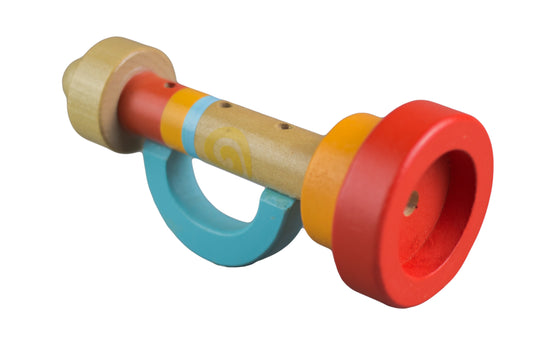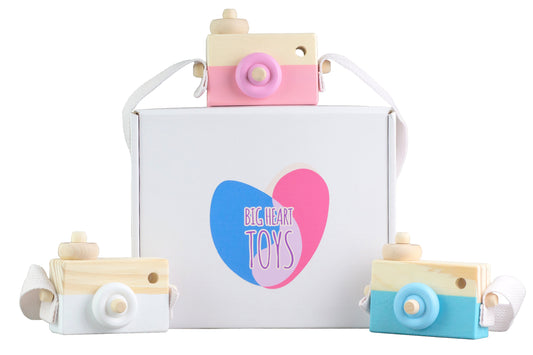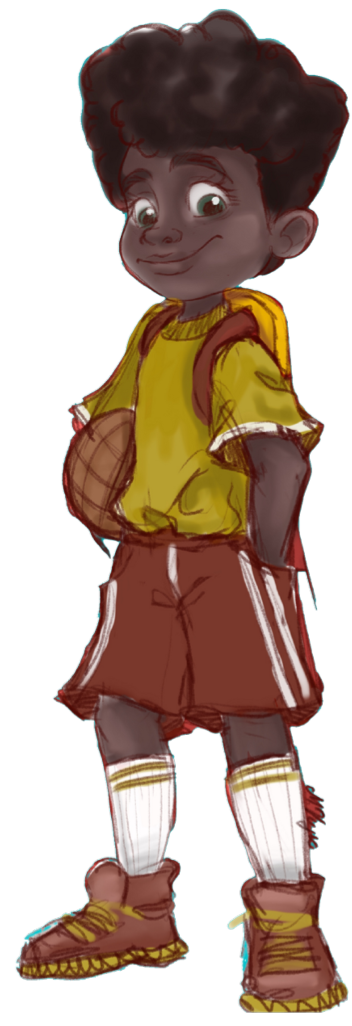The connection between autism and abstract thinking is complex. Exploring this intricacy helps parents and caregivers gain insights into how individuals on the autism spectrum perceive and interact with abstract concepts, revealing the distinct perspectives shaping their thought processes.
Exploring the effects of abstract thinking on various aspects of life for children with autism can help parents and caregivers understand possible challenges in communication and social interactions. Promoting abstract thinking can strengthen and improve these skills. Gaining this understanding fosters an appreciation for the diverse ways abstract thought manifests within the autism community.
What Is Abstract Thinking, and How Does It Relate to Autism?
Abstract thinking refers to the cognitive ability to understand and work with concepts that are not necessarily tied to concrete, tangible objects or situations. It involves the capacity to think symbolically, grasp metaphors, and comprehend ideas beyond their literal meanings. In the context of autism, abstract thinking can present both unique challenges and distinctive characteristics.
Individuals with autism may approach abstract concepts differently than those without. Some individuals with autism may excel in abstract thinking, showcasing a remarkable ability to focus on details or patterns others might overlook. Others might face challenges in grasping abstract ideas, leading to potential difficulties in communication and social interactions.
Understanding the relationship between abstract thinking and autism is essential for appreciating the diverse cognitive profiles within the autism spectrum. It not only provides insights into the cognitive experiences of individuals with autism but also informs strategies for effective communication, learning, and social engagement tailored to their unique perspectives.
Why Is Abstract Thinking Important for Children With Autism?
Abstract thinking holds crucial significance in the daily lives of children with autism, influencing various aspects of their cognitive and social development. Understanding abstract concepts is essential for navigating the complexities of language, social interactions, and problem-solving.
Proficiency in abstract thinking allows children to grasp symbolic language, understand metaphors, and interpret non-literal expressions, which are integral components of effective communication.
Improving abstract thinking skills can be particularly beneficial for children with autism, enhancing their capacity to understand and engage with the world around them. A heightened ability to think abstractly can lead to improved problem-solving skills, aiding in tasks that require conceptualization and flexibility. This skill contributes to social development by facilitating a deeper understanding of social cues, emotions, and perspectives.
As children with autism strengthen their abstract thinking abilities, they are better equipped to navigate the intricacies of daily life, fostering independence and easier integration into various environments.
How Can Toys and Games Promote Abstract Thinking in Children With Autism?
Toys and games play a pivotal role in the cognitive development of children with autism, offering a dynamic avenue to foster abstract thinking skills. Engaging in specific toys and games can significantly contribute to the development of abstract thinking in children with autism. Puzzles, for instance, encourage problem-solving and spatial reasoning, providing a tangible way for children to understand abstract concepts.
Role-playing games not only stimulate creativity but also assist in grasping social scenarios and abstract interpersonal dynamics. This style of game includes play with props, interactive social stories, and dress-up games.
Art activities, such as drawing or sculpting, serve as outlets for expressing abstract ideas visually, promoting both creativity and cognitive flexibility. A diverse range of toys and games can be instrumental in fostering abstract thinking, offering parents, educators, and caregivers valuable insights into effective strategies for the cognitive development of children with autism.
How Can Blocks Help Enhance Abstract Thinking in Children With Autism?
Blocks serve as powerful tools for enhancing abstract thinking in children with autism by fostering cognitive development in various dimensions. Through the manipulation of blocks, children engage in spatial reasoning, problem-solving, and imaginative play, promoting critical cognitive skills. The tactile nature of blocks offers a tangible experience, allowing children to explore abstract concepts in a hands-on and concrete manner.
One notable aspect of block play is the transition from a 2D to a 3D perspective. As children arrange and stack blocks, they gain a profound understanding of spatial relationships and geometric concepts, laying the foundation for abstract thinking. This progression encourages the development of mental representation skills, enabling children to envision and manipulate abstract spatial arrangements in their minds.
Blocks act as a bridge between abstract concepts and the real world for children on the autism spectrum. The process of building with blocks allows them to translate abstract ideas into concrete, tangible structures, facilitating a meaningful connection between learning and reality. This hands-on approach supports cognitive development and enhances the ability to apply abstract thinking skills to practical situations, promoting an integrated learning experience for children with autism.
What Other Strategies Can Help Enhance Abstract Thinking?
Beyond the use of toys and games, several additional strategies prove instrumental in nurturing and enhancing abstract thinking in children. Engaging children in narratives and storytelling stimulates their imaginations and encourages the understanding of abstract concepts. Narratives provide a context for abstract ideas, helping children make connections between different elements and events.
Introducing metaphors in language can be a powerful strategy. Metaphors provide a bridge between the known and the abstract, helping children grasp complex ideas by relating them to familiar concepts. This linguistic approach contributes to the development of abstract thinking skills.
Practical problem-solving activities in real-life scenarios offer children opportunities to apply abstract thinking in meaningful ways. Whether it's figuring out solutions to everyday challenges or engaging in hands-on projects, these activities promote critical thinking and the application of abstract concepts to concrete situations. These strategies seamlessly complement the use of toys and games like blocks.
How Can Parents and Educators Support the Development of Abstract Thinking?
Supporting the development of abstract thinking in children with autism requires tailored strategies, and both parents and educators play crucial roles in this process. Meaningful conversations that encourage the expression of thoughts and open-ended questioning can stimulate abstract thinking. Visual aids offer concrete representations of abstract concepts, making them more accessible.
Creative expression through activities like drawing and painting provides a platform for exploring abstract ideas nonverbally. Relating abstract concepts to real-life examples and promoting hands-on learning experiences further solidify understanding. By sitting with your little one and engaging in these activities, you can help their minds expand.
Patience is key. This progress may be gradual, and consistency in applying strategies creates a stable learning environment. Positive reinforcement, including praise and encouragement, builds confidence and motivation, reinforcing the connection between effort and achievement. By incorporating these tips, parents and educators can create a supportive atmosphere that nurtures the growth of abstract thinking skills in children with autism.
The Bottom Line
Cultivating abstract thinking in children with autism is integral to their cognitive development and overall well-being. Tools like blocks, alongside diverse strategies such as storytelling and real-life problem-solving, play a crucial role in fostering this essential skill.
Parents and educators are encouraged to embrace patience, consistency, and positive reinforcement as they guide children through this journey. By incorporating a variety of approaches, we can create a supportive learning environment that caters to the unique cognitive needs of children on the autism spectrum.
If you’re looking for engaging, hands-on tools in this developmental journey, explore Big Heart Toys blocks and other games designed to support abstract thinking in children. Visit our product page to discover a range of educational and enriching options that can make a positive impact on your child's cognitive growth. Embrace the potential of play to nurture abstract thinking and unlock new realms of understanding for your child with autism.
Sources:
Which Children with Autism Develop Better Communication Skills | Hanen Centre
Cognitive and Social Skills to Expect From 3 to 5 Years | American Psychological Association
What Is Cognitive Flexibility and How Do I Help My Child With It? | Foothills Academy
Spatial reasoning skills: How to foster in children | About Kids Health
Integrated Learning Experiences to Deepen Children’s Learning and Thinking K-3 | Buffet Institute
Why is Problem Solving Important in Child Development? | Marlborough News






